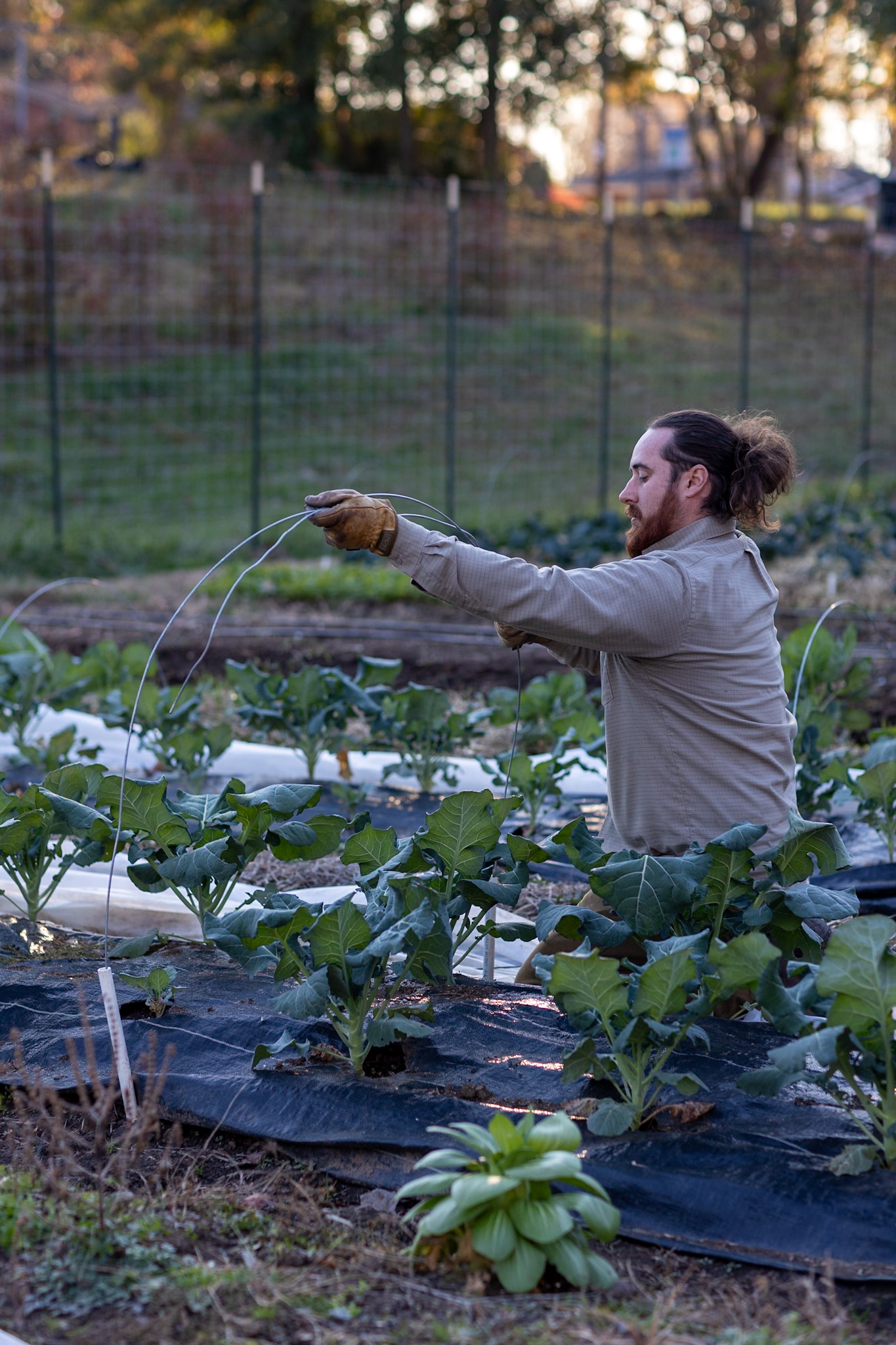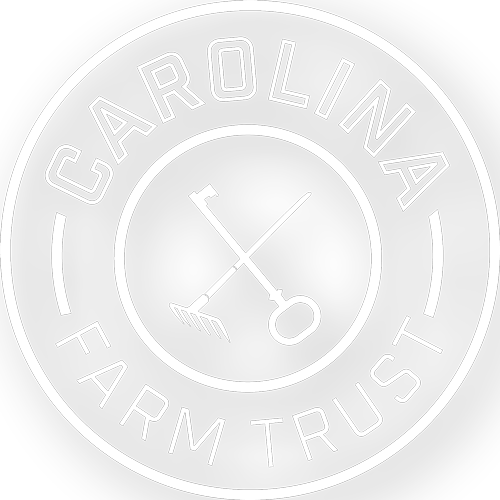For too long, large-scale industrial agriculture has dominated the food landscape—prioritizing mass production, corporate profit, and monoculture farming at the expense of health, environment, and food security. But communities around the world are reclaiming their right to control their own food systems, a movement known as food sovereignty.
Food sovereignty is more than just access to food—it’s about who controls the land, the resources, and the decision-making process. It ensures that food is produced by and for the people in a way that is sustainable, culturally relevant, and economically fair. At Carolina Farm Trust (CFT), we are dedicated to rebuilding a farmer-driven, community-led food system that prioritizes people over profit.
What Is Food Sovereignty?
The term food sovereignty was first introduced by La Vía Campesina, an international movement of farmers, in 1996. Unlike food security, which focuses on food availability, food sovereignty emphasizes local control, land rights, and sustainable farming practices.
The Six Pillars of Food Sovereignty, as outlined by La Vía Campesina, include:
- Focus on Food for People – Prioritizing local, healthy, and culturally appropriate food over corporate interests.
- Valuing Food Providers – Supporting farmers, fishers, and food workers with fair wages and resources.
- Localized Food Systems – Reducing dependence on imported food and supporting regional agriculture.
- Building Knowledge and Skills – Promoting agroecological farming techniques that respect the environment.
- Working with Nature – Rejecting industrialized farming that depletes soil, water, and biodiversity.
- Democratic Control – Empowering communities to make decisions about their food systems.
The Impact of Industrial Agriculture
Industrial agriculture may seem efficient, but its hidden costs are staggering:
- Environmental Destruction – Industrial farming is responsible for 70% of global freshwater use and nearly one-third of greenhouse gas emissions.
- Loss of Local Farms – Since 1980, the number of family farms in U.S. has slowly declined, with corporate agribusiness taking control of food production.
- Food Insecurity & Imports – The U.S. now imports more food than ever, with a projected agricultural import value of $215.5 billion this year, increasing reliance on unstable global supply chains.
Local food sovereignty is the solution to these challenges. By investing in local farms and empowering communities, we can restore balance, protect our environment, and ensure food for all.
How Local Farms Can Lead the Way
Local farms play a crucial role in reclaiming food sovereignty and revitalizing local economies. Here’s how:
1. Keeping Food Local and Affordable
By growing food close to home, local farms reduce transportation emissions, cut costs, and ensure fresher, more nutritious produce. Studies show that food travels an average of 1,500 miles before it’s consumed. Reducing this distance makes food more accessible and reduces dependence on imports.
2. Strengthening Regional Food Systems
Local farms support community markets, food hubs, and farm-to-table programs, ensuring food dollars stay within the local economy. Studies show that every $1 spent on local food generates additional economic activity—boosting local jobs and businesses.
3. Restoring the Land Through Sustainable Farming
Industrial agriculture has led to severe soil degradation, but regenerative farming practiced by small farmers can reverse the damage, rebuild soil health, and capture carbon. Research suggests that healthy soils can store up to 5 billion metric tons of carbon annually, helping fight climate change.
4. Reducing Dependence on Big Agribusiness
The top four corporations control 85% of the U.S. beef industry, driving up prices and limiting access to diverse, nutritious foods. Investing in local farms and cooperatives decentralizes power, giving control back to farmers and consumers.
How Carolina Farm Trust Is Taking Action
At Carolina Farm Trust, we are building a regional food system that empowers farmers, protects land, and ensures access to fresh food for all. Our key initiatives include:
CFT Market
A regional food hub that connects local farmers with communities, providing fresh, sustainably grown produce and prepared meals through wholesale, catering, and direct-to-consumer sales.
Urban Farm Network
Transforming unused urban spaces into productive farms, ensuring city residents have access to healthy, affordable food.
Farm Apprenticeship Program
Training the next generation of farmers to carry on sustainable agriculture practices and expand local food production.
Food Is Life Program
Prioritizing food as a form of healthcare, connecting fresh, nutrient-dense food with nutrition programs in senior centers, schools, and transitional housing.
How You Can Support Food Sovereignty
The fight for food sovereignty starts with action. You can make a difference by:
🔹 Supporting Local Farmers – Shop at farmers’ markets, CSAs, and CFT Market.
🔹 Advocating for Policy Change – Demand legislation that protects small farms and promotes sustainable agriculture.
🔹 Donating to Carolina Farm Trust – Every dollar helps us expand our programs and protect local food systems.
Donate Today and help us build a resilient, farmer-led food system!
Final Thoughts
Food sovereignty is about empowerment, sustainability, and justice. By shifting towards farmer-driven, local food systems, we can fight food insecurity, restore ecosystems, and create lasting economic benefits. It’s time to reclaim our food system—for our farmers, our communities, and future generations.
Join the movement. Support local farms. Take back control of our food.



